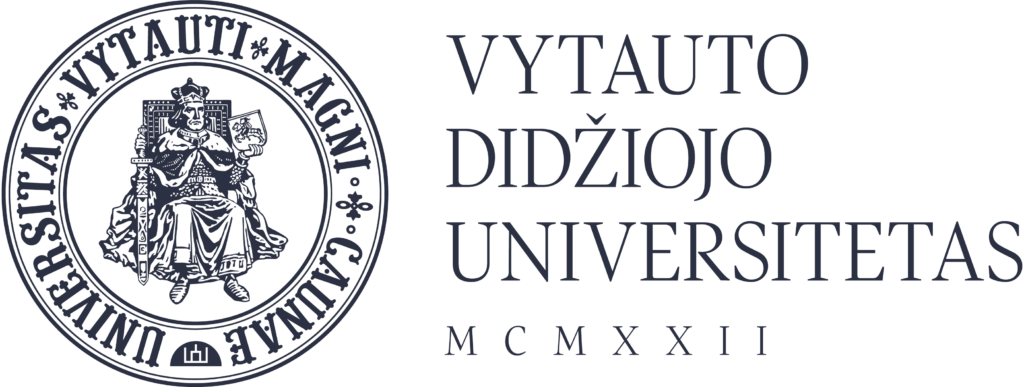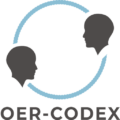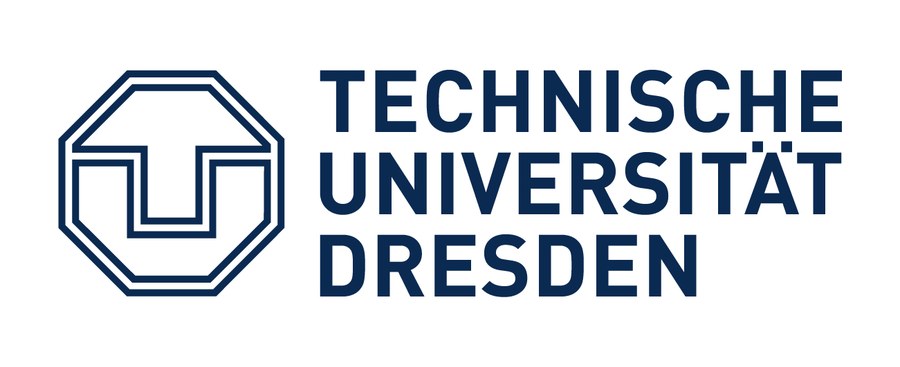Cluster 1, led by Vytauto Didziojo Universitetas in Lithuania, focuses on digital resources in online collaborative learning and consists of two (2ECTS) course modules: digital resources and case study design for online collaborative learning.
The analysis for the first module aims to equip educators with competencies in selecting, creating, managing, protecting, and sharing digital resources for online collaborative learning, transitioning them from A1 newcomers to B1 integrators. The second module provides educators with tools and strategies to design case studies suitable for online collaborative learning, aligning with their expertise and teaching fields. Both modules aim to enhance teaching practices in higher education, leveraging Open Educational Resources (OER) and previous European project achievements.




